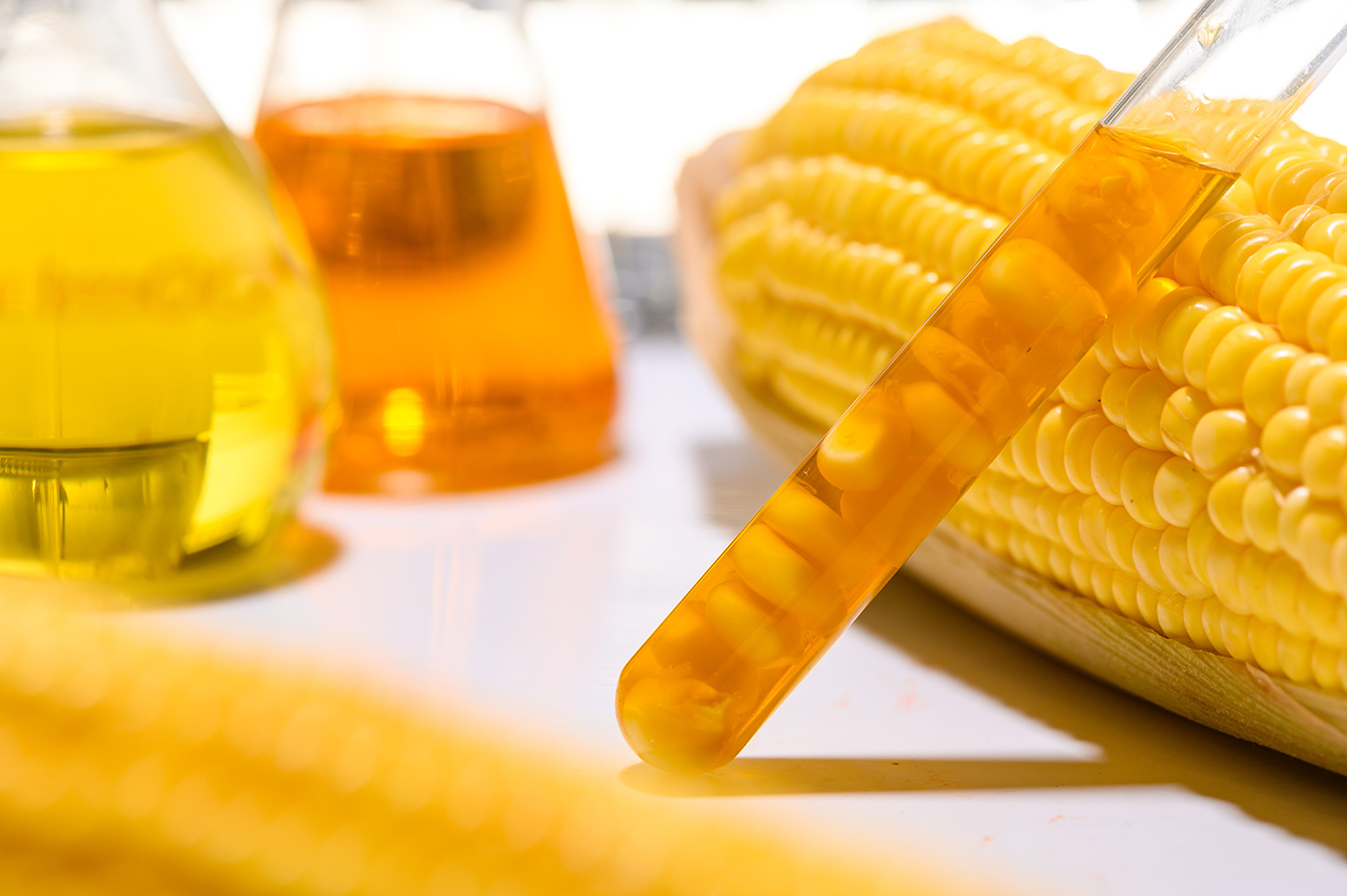
As the Australian government finally begins to put funding into plastic recycling infrastructure 👏🏻 👏🏻 👏🏻 (via the Recycling Modernisation Fund) (RMF) bringing the federal government’s investment to $250 million), it now begs the question ‘is recycling plastic going to solve the plastic crisis?’ Commonsense tells us no it won’t. Why? Because in reality, plastic recycling does nothing to reduce the amount of plastic generated every day by our economy.
Just because we are now recycling plastic doesn’t mean the problem of plastic has gone away. Why? Because plastic is still a non biodegradable product, and once in circulation, never fully biogrades (returns to nature), and will always pose an environmental threat if not disposed of properly. Even with the best waste management systems in the world, it is never going to stop humans from polluting — whether it is intentional or not.
Despite the uptake of recycling by government, only a fraction of plastic placed in our recycling bins (only 20%) actually gets recycled. So what happens to the other 80%? Well, you guessed it, it either goes into landfill or sits in storage until it can be recycled.
So, what’s the solution?
Again, common sense tells us that prevention is better than cure. It’s better to use plastic-free products to start with than use plastic. So, why aren’t we (the Australian Government) putting more R&D into developing more compostable materials? Call me a dreamer, but wouldn’t that be the most logical course of action?
Currently the compostables market comprises of bamboo bagasse products, PLA+PBAT products, sugarcane bagasse products, and paper products, which make up the bulk of home compostable products available on the market. However much more research is needed to find more materials that are as durable as plastic, but cost less (or similar to produce), are as durable and biodegrade in a short time frame. Sounds easy? Unfortunately it’s very complex, and one where much more R&D needs to take place before we will solve the plastic crisis.
Sources: https://www.abc.net.au/
Please note the views expressed in this article are those of the author alone and do not claim to be proven scientifically or the only authority on the subject.
© No More Plastic Packaging 2022.
“Just because we are now recycling plastic, doesn’t mean the problem of plastic has gone away.”
“Once in circulation, [plastic] never biogrades, and will always pose a threat to the environment…”

